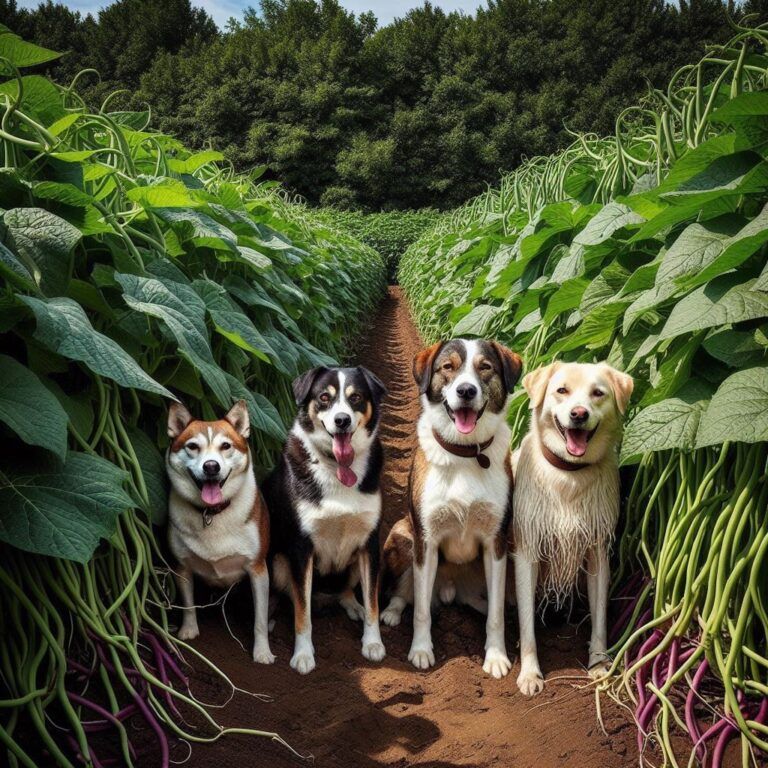Can Dogs Safely Eat Leeks
Leeks, as part of the Allium family, share similarities with onions and garlic. While these vegetables are staples in human cuisine, they can be hazardous to dogs and should not be fed to them under any circumstances.
The primary concern lies in compounds like thiosulfate found in Allium plants, which can cause gastrointestinal upset in dogs. Symptoms may include vomiting, diarrhea, and abdominal pain.
In severe cases, ingestion of leeks can lead to a condition known as Heinz body anemia, affecting the red blood cells and compromising a dog’s overall health.
Understanding the dangers of leeks is crucial for responsible dog ownership. While some human foods are safe for canine consumption, it’s essential to be aware of those that can pose significant health risks.
Nutritional Composition of Leeks for Dogs
Examining the nutritional profile of leeks sheds light on whether they offer any benefits for dogs. Leeks contain vitamins such as A, C, and K, along with minerals like manganese and folate.
However, the question arises: do these nutritional elements outweigh the potential risks?
Dogs have specific dietary requirements that differ from humans, particularly in their ability to process certain foods. While leeks do provide some nutrients, they aren’t a primary source of essential elements for dogs.
The risks associated with leeks, including the potential for toxicity, severely outweigh the limited nutritional benefits.
If leeks are off the menu, what safe and nutritious alternatives can you offer your dog? Opt for dog-friendly fruits and vegetables that provide essential nutrients without the associated risks.
Apples (without seeds), blueberries, carrots, and green beans are excellent choices. Additionally, consider specially formulated dog treats that cater to their dietary needs.
If looking to add a little extra protein then cooked beef, turkey or chicken are excellent choices.
Maintaining a balanced diet is key to your dog’s overall health. Before introducing any new foods, especially unconventional treats, consult with your veterinarian.
Individual factors such as age, breed, and health conditions can influence your dog’s nutritional requirements, and professional guidance ensures you make informed choices.
Best Practices for Dog Nutrition
Beyond avoiding potentially harmful foods, focus on providing a well-rounded, species-appropriate diet for your dog. Choose high-quality dog food that meets their nutritional needs.
Pay attention to portion control to prevent overfeeding, which can lead to obesity and related health issues.
Regular veterinary check-ups play a crucial role in monitoring your dog’s health and nutritional status. If you ever find yourself uncertain about what is safe for your dog to eat, reach out to your veterinarian.
Their expertise can provide personalized advice tailored to your dog’s specific health profile.
In summary, the question of whether dogs can safely eat leeks receives a definitive “no.”
A thorough understanding of the risks, exploration of safe alternatives, and adherence to best practices in dog nutrition are essential for promoting the health and well-being of your cherished canine companion.
As a responsible dog owner, prioritize your furry friend’s well-being by opting for a diet rich in high-quality dog food and safe, dog-friendly treats. Consult with your veterinarian for personalized advice on your dog’s specific nutritional needs and any concerns about introducing new foods to their diet.
Maintaining a proactive approach to your dog’s nutrition ensures they lead a healthy, happy life, free from the potential risks associated with certain human foods, including leeks.







